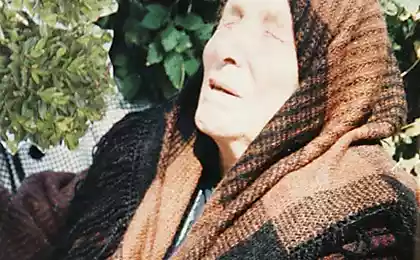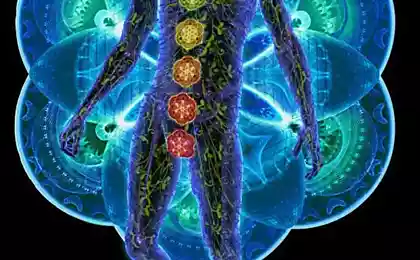1880
Why do some people suffer from acne and others do not?

Scientists have discovered a new strain of acne bacteria, which supposedly protects the skin from acne.
Teenagers do not be upset acne due to bacteria, because it is not all that bad.
Recent studies have shown that microbes that cause the most common form of acne, there are two types. The first type - is the "bad" bacteria that cause acne. And the second type - is "good" bacteria that help keep your skin radiant.
The research, described in detail in the magazine "Dermatological Research" for February 28, may explain why, despite the fact that the skin of each teeming with bacteria, only one in five people develop acne.
"We hope to apply our results to develop new strategies that will help prevent acne," - said the lead researcher Huiying Li School of Medicine David Geffen University of California. He added that these findings will allow dermatologists to personalize acne treatment on the basis of a "unique cocktail of bacteria on the skin of each patient».
Despite the fact that acne affects about 80 percent of the population at some time in their lives, scientists have made very little progress in new methods of treatment. Currently, in the most severe cases of acne antibiotics are powerless, and other treatments have side effects.
Bacteria on the surface of the nose:
The study of Li and his colleagues collected by naming acne bacteria Propionibacterium acnes. They are extracted from their pores arranged on the surface of the nose. In the experiment, was attended by about 100 volunteers, half of whom had acne and the rest with clean skin. These germs lurk deep in the pores of the skin, sometimes irritate the immune system that causes inflammation and, as a consequence, popping red bumps that we call acne.
From these samples, scientists have sequenced the genomes of 66 strains of P. acnes. They were interested in the genes that are unique to each strain, and could distinguish the clean skin affected by acne.
"Two unique strain of P. acnes found in each of the five volunteers with acne, but they are very rarely seen in people with clean skin", - said Dr. Noah Craft, a dermatologist and director of the Center for Research in immunotherapeutics Medical Center in LA BioMed Harbor -UCLA.
Further, the unexpected happened: the third strain, which is typical for volunteers with healthy skin, is very rare in patients with acne.
"We suspect that this strain contains a natural defense mechanism that allows him to recognize that attack and destroy them before they infect cells," the scientist said in a statement.
Prevent acne:
The researchers believe that the increase in the number of bacteria strains of P. acnes good as a cream can stop acne.
"This strain of P. acnes may protect the skin as well as live bacteria yogurt help protect the intestines from harmful germs," said Li. "Our next step is to study the question of the possibility of studying the probiotic cream that can block the action of harmful bacteria, stop their invasion of the skin and prevent acne».
Other studies have found friendly viruses called bacteriophages, which feed on bacteria, not human cells. Scientists reported last year in the journal mBio, they discovered bacteriophages living on the skin, which can effectively destroy P. acnes.























